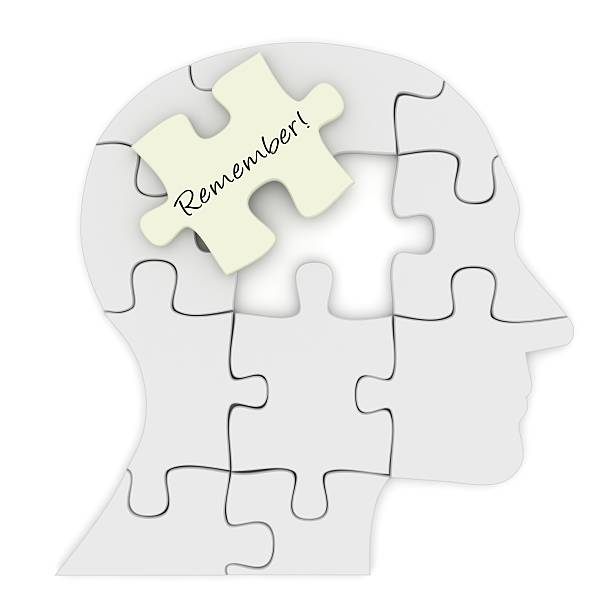
If you’re juggling a lot of responsibilities, it’s certainly not surprising that you’ll forget things occasionally. However, memory loss is another thing altogether. Memory loss is more than just forgetting a new acquaintance’s name or where you’ve put your keys. These memory lapses can be a sign that you need to make some changes or talk to your doctor.
10 Reasons Behind Memory Loss
1. Mental Health Disorders
Mental health disorders like depression, anxiety, bipolar disorder, and schizophrenia have been shown to cause forgetfulness and difficulty concentrating. People who are under a lot of stress may also have trouble remembering small details and discussions that they’ve had.
2. A Traumatic Event
It’s not unheard of for a traumatic event to cause temporary memory loss though the event is rare. In fact, doctors estimate that about three perent of Americans will ever experience it. This kind of memory loss is different for everyone but some of the effects include forgetting important events, people who are close to you, and your personal information.
RELATED: 16 Foods That Prevent Memory Loss
3. A Head Injury
It’s possible for any kind of trauma to the head to cause memory problems. Even if you don’t lose consciousness, there could still be damage. This is why doctors encourage you not to take head injuries lightly.
4. Hypothyroidism
In this condition, the thyroid gland isn’t producing the right levels of hormones that the body needs to function. As a result, certain organs like the brain might not operate efficiently. Persons who have hypothyroidism often deal with forgetfulness and trouble concentrating as well as unexplained weight gain, fatigue, and muscle weakness.
5. Taking Certain Medications
There are a few medications that can affect your memory. If you’re taking sedatives, antidepressants, antihistamines, or drugs for an overactive bladder, it’s a good time to talk to your doctor about memory loss as a possible side effect.
6. A Brain Disease
As you might expect, an infection or illness that affects the brain could also cause memory loss. In this case, trouble with remembering details won’t be the only symptom you’ll see. Infections can come with fever, headache, stiffness in the neck, blurry vision, and seizures. A tumor might cause headaches, fatigue, nausea, and trouble sleeping.
7. Sleep Apnea
A good night’s sleep is essential to proper brain function. If you have sleep apnea, you may not be getting the right amount of restful sleep without realizing it. That’s possible because not everyone wakes up during bouts of sleep apnea. Other signs you might have this sleep disorder include always being sleepy during the day, waking up with a headache, and waking up with a dry mouth.
8. Vitamin B12 Deficiency
Vitamin B12 has a role in maintaining healthy red blood cells and nerve cells. As such, if you’re not getting enough of this vitamin you can








